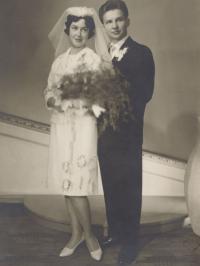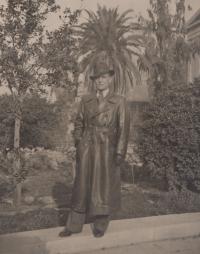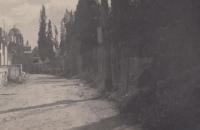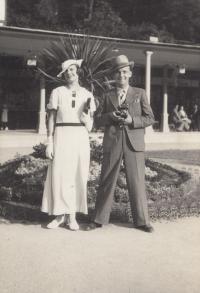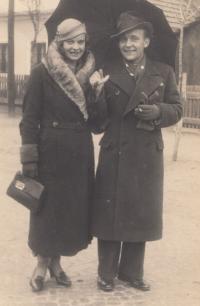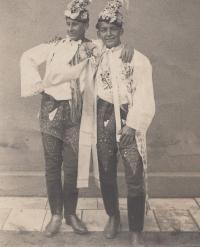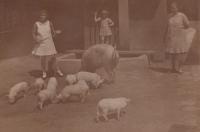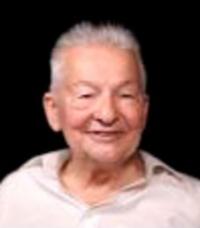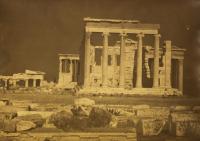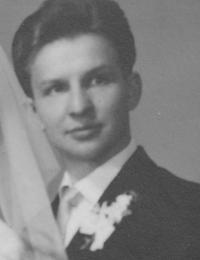To appreciate what is important, be content and courteous
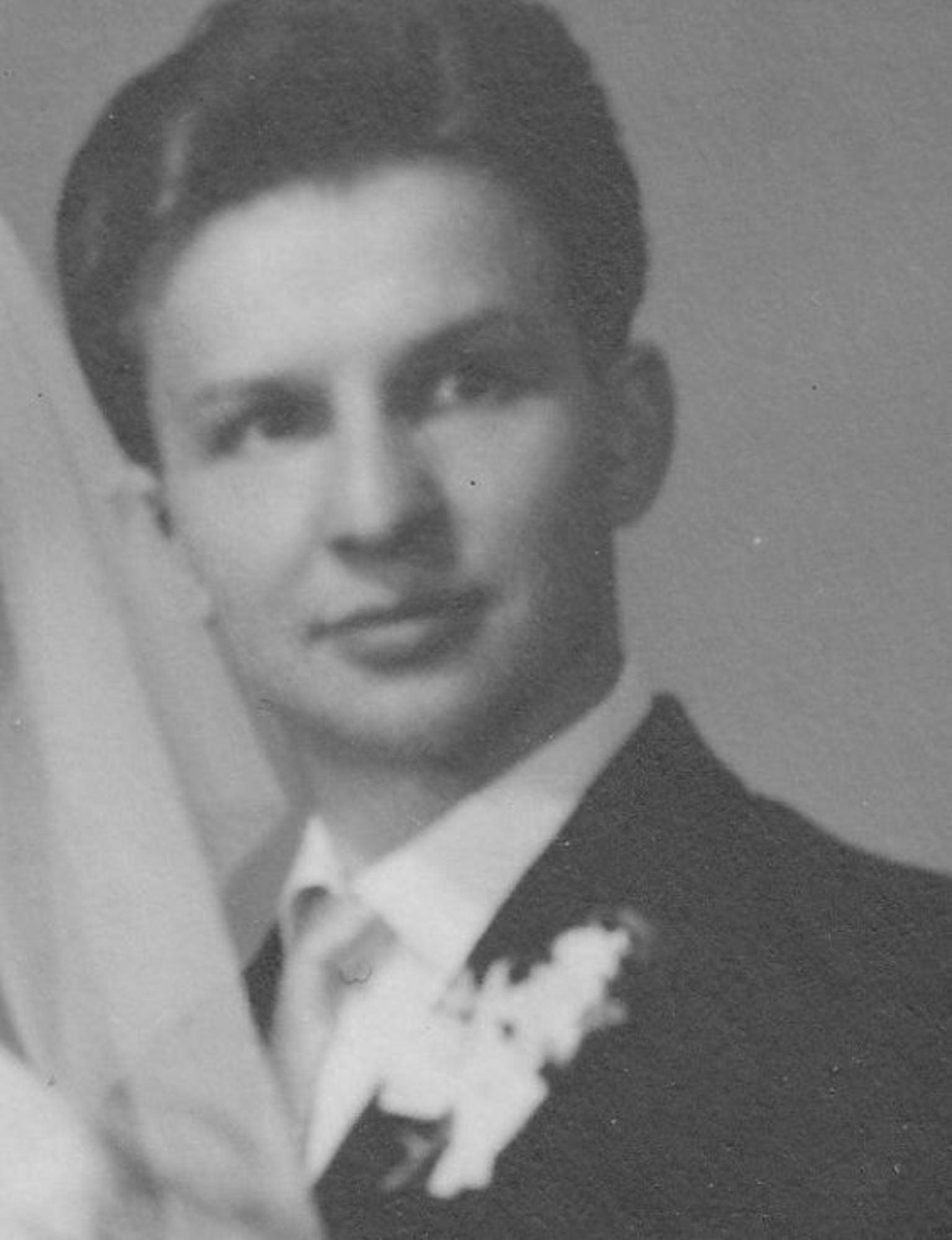
Download image
Ctibor Fojtíček was born on March 6, 1938 in Poštorná near Břeclav. After the establishment of the Protectorate of Bohemia and Moravia the parents and their son remained in the municipality, which was affiliated to Austria. He lost his father, František Fojtíček at the end of war. He became one of the missing soldiers of the Wehrmacht. Ctibor grew up with Mother Růžena and his grandparents. Mother worked in a sugar factory, helped out in agriculture and later assisted in a canteen. Eventually she worked her way up to the administrative position at the rails. Ctibor was interested in the technique. He started working at the Secondary Industrial School and after graduating in 1957 he unsuccessfully applied at the Faculty of Technical and Nuclear Physics. He does not know, whether he has been refused for his lack of knowledge or because of cadre profile. The application was returned with a large red pencil inscription: “Not in CSM.” Following the recommendation of his classmates he went to Pilsen, where the Nuclear Engineering Plant was established within the Škoda Plant. They accepted him and devoted himself to the study of professional literature. He entered the military service at the Air Force in Žatec. After some time he got to the officer school in Havlíčkův Brod, where he joined the army musicla ensemble “Rudá zástava”. He was shortlisted to traveled to a representative 20-day trip to the USSR. After finishing obligatory military service in 1959 he returned to Škodovka, upon his own request got the place of the computing man. In the evening, he completed his college education. In August 1968 he participated in anti-occupation demonstrations at Pilsen Radio. Work and family occupied his life. He worked in trade unions and founded a brigade of socialist work in the company. Since 1990 he has been envolved in communal politics.
